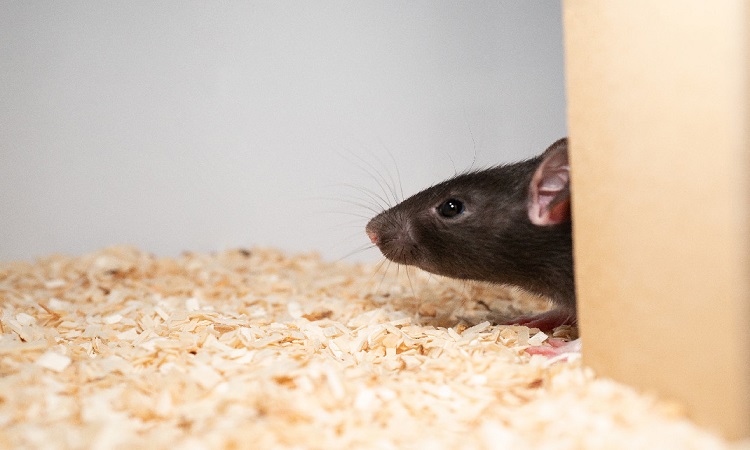Neuroscientists from the Humboldt University in Berlin have recently undertaken a fascinating experience. The idea: to teach the rats to play hide-and-seek, in order to study their behavior as part of fun activities. What also enlighten us more about their cognitive abilities. After several weeks of training, it turned out that the rodents had understood the rules of the game. They also invested a lot and seemed to take a lot of pleasure. The details of the study were published in the journal Science.
Learn the rules
Teaching rats to play hide and seek has not been easy. For this work, the researchers focused on six three-week-old rodents, who began to learn the rules of the game. Everything was done gradually. At first, the researchers tried to put the rats at ease. They spent time and played with them, as we could do with a pet.
“After a few days, they actively sought to interact with us,” says Annika Reinhold, co-author of the study. We relied on that to try to teach them the rules of the game. ” Initially, the idea was to hide, then reward the animal if he found the researcher. By tickling on the belly, for example. The researchers then continued the tests. As soon as one of the rats found the hiding place, the researchers replaced it to its point of departure. After a few days, the rodents quickly grasped the principle.
But getting them to hide themselves was more complicated. “We started putting the animal in a box and sitting next to it,” says the researcher. As soon as the animal came out, the idea was to play with it. Then we moved away gradually. The last step was to reward the rat only if he found the hiding place correctly. It was a long process, but it finally worked.
A lot of enthusiasm
The researchers finally managed to play hide-and-seek with rodents. Then came several things. “We were surprised to find that rats used smart strategies to hide.” The latter, for example, preferred to hide in opaque boxes rather than in transparent boxes. If they had to change hiding in the meantime, they also did so by being as quiet as possible.
It also seems that the rats have taken a lot of pleasure. It has indeed emerged that rodents have gradually abandoned the principle of reward, in favor of the only game. Their movements, fast and directed, indicated frenzied search experimentalists. If successful, the rats jumped for joy, were noisy, and went actively hiding in turn. After about twenty tries, they also seemed very tired. Proof that they had really given themselves thoroughly.
Of course, and as the researchers point out, we can not know what is really going on in the rodent mind. It could be that their motivations are all different. But with these results, it seems that these animals are actually able to understand the basic rules of a game that we thought until now reserved for humans. And that they are also able to take pleasure in it.




